
i5dentalchennai@gmail.com
+91-9043765454
Dentures are removable dental appliances that are used to replace missing teeth and surrounding tissues. They are designed to mimic the look and function of natural teeth and can improve a patient's ability to eat and speak properly.
Dentures are typically custom-made to fit the patient's mouth and can take several appointments to complete. The dentist will take impressions of the patient's mouth and create a model of the dentures for the patient to try on and ensure a proper fit. Once the dentures are complete, the dentist will make any necessary adjustments to ensure that they fit comfortably and securely.
It's important to note that dentures require proper care and maintenance, just like natural teeth. This includes regular cleaning and soaking, as well as avoiding certain foods that can damage the dentures. Your dentist can provide specific instructions on how to care for your dentures and keep them in good condition.
Complete dentures are a type of dental appliance used to replace all of the teeth in the upper or lower jaw, or both. They consist of a flesh-colored acrylic base that fits over the gums and a full set of prosthetic teeth. Complete dentures are typically custom-made to fit the patient's mouth and can take several appointments to complete.
The process of getting complete dentures typically begins with a consultation with a dentist or prosthodontist. The dentist will examine the patient's mouth and take impressions and measurements to create a model of the patient's mouth. The model is then used to create a wax prototype of the dentures, which the patient can try on to ensure a proper fit and bite.
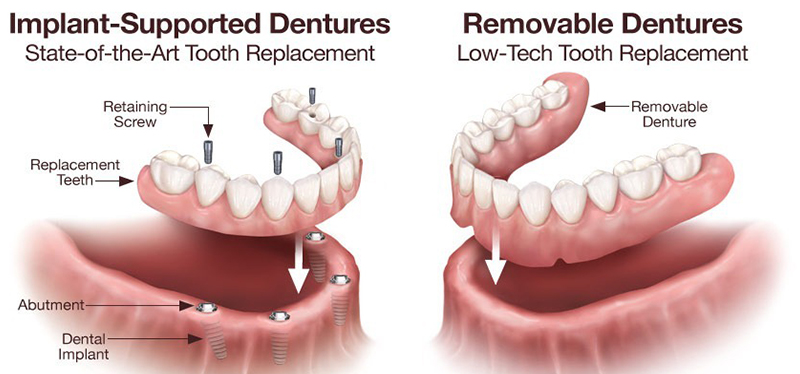
Once the prototype is approved, the dentist will create the final dentures using a combination of acrylic and other materials. The dentures will be fitted and adjusted to ensure that they fit comfortably and securely in the patient's mouth.
It's important to note that getting used to complete dentures can take some time, and patients may experience some discomfort or difficulty speaking and eating at first. However, with proper care and practice, most patients are able to adapt to their new dentures and enjoy improved oral function and aesthetics.
Your dentist can provide specific instructions on how to care for your dentures, including proper cleaning and storage, as well as how often to have them adjusted or replaced.
The type of denture that is best for you will depend on several factors, including the condition of your oral health, your budget, and your personal preferences. Your dentist or prosthodontist can help you determine which type of denture is right for you based on your specific needs and circumstances.
Partial dentures are dental appliances used to replace one or more missing teeth. They consist of a metal or plastic framework that attaches to the remaining natural teeth and a set of prosthetic teeth that fill in the gaps caused by the missing teeth. Partial dentures can be removable or fixed in place, depending on the patient's needs and preferences.
The process of getting partial dentures typically begins with a consultation with a dentist or prosthodontist. The dentist will examine the patient's mouth and take impressions and measurements to create a model of the patient's mouth. The model is then used to create a wax prototype of the partial denture, which the patient can try on to ensure a proper fit and bite.
Once the prototype is approved, the dentist will create the final partial denture using a combination of metal, plastic, and other materials. The partial denture will be fitted and adjusted to ensure that it fits comfortably and securely in the patient's mouth.
It's important to note that getting used to partial dentures can take some time, and patients may experience some discomfort or difficulty speaking and eating at first. However, with proper care and practice, most patients are able to adapt to their new partial dentures and enjoy improved oral function and aesthetics.
Your dentist can provide specific instructions on how to care for your partial dentures, including proper cleaning and storage, as well as how often to have them adjusted or replaced.
There are two main types of partial dentures:
Your dentist can help you determine which type of partial denture is best for your individual needs and circumstances based on factors such as the location and number of missing teeth, the condition of your remaining natural teeth, and your personal preferences and budget.
Like any dental treatment, partial dentures have their advantages and disadvantages. Here are some of the pros and cons of partial dentures:
Your dentist can provide personalized guidance on whether partial dentures are a suitable option for your individual dental needs and can help you weigh the pros and cons of partial dentures against other tooth replacement options.
Lorem Ipsum is simply dummy text of the printing and typesetting industry. Lorem Ipsum has been the industry's standard dummy text ever since the 1500s


Lorem Ipsum has been the industry's standard dummy text ever since the 1500s, when an unknown printer took a galley of type and scrambled


Lorem Ipsum when an unknown printer took a galley of type and scrambled it to make a type specimen book. It has survived not only five centuries


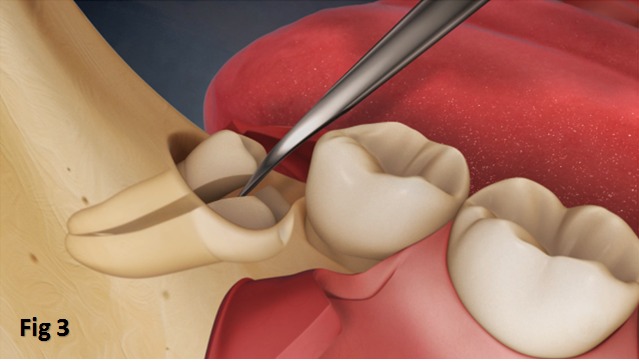
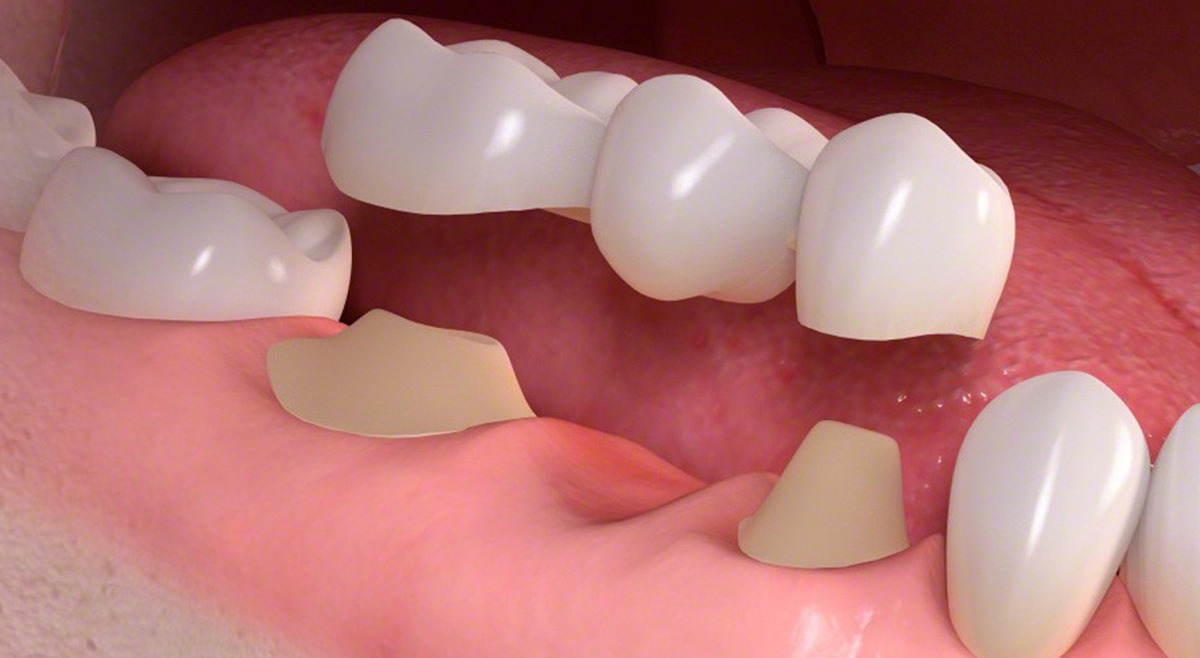
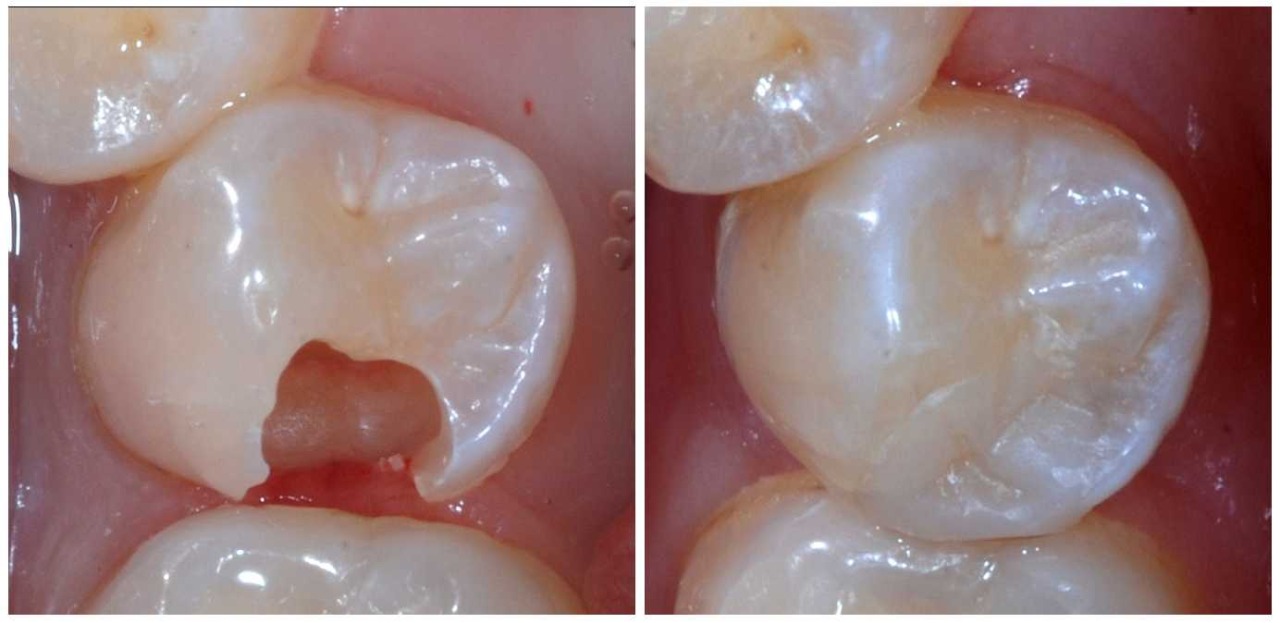
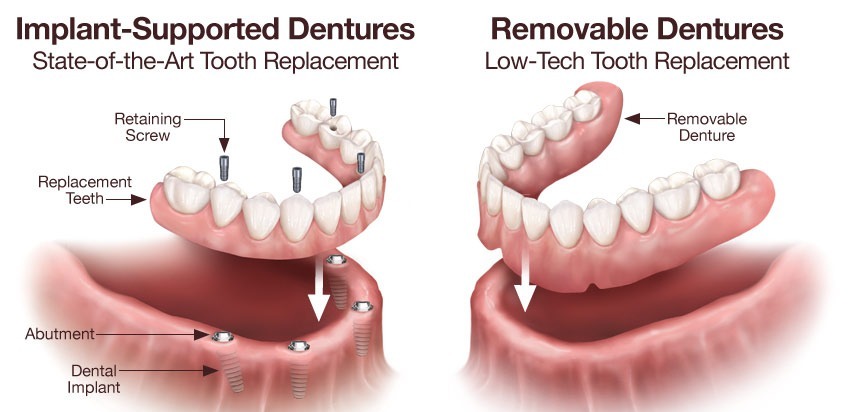
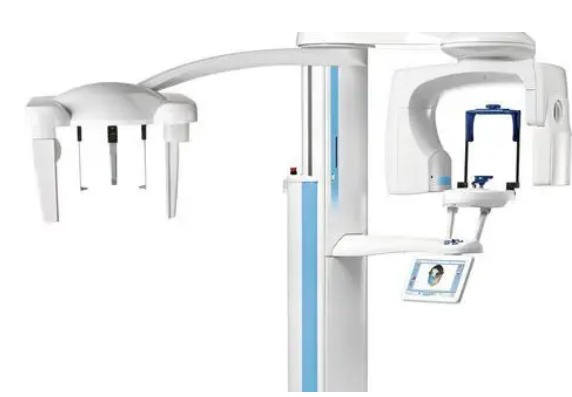
Krishna Nagar, Pammal, Chennai
i5dentalchennai@gmail.com
+91-90437654540
© I5 Dental Implant Xperts. All Rights Reserved.
Designed & Developed By SBJ SERVICES